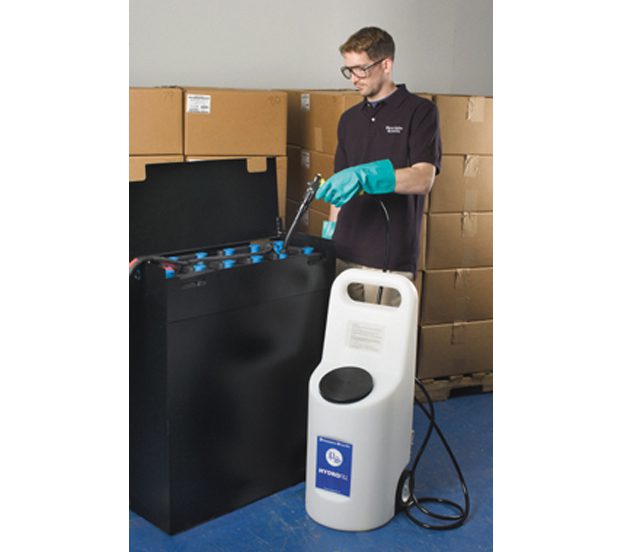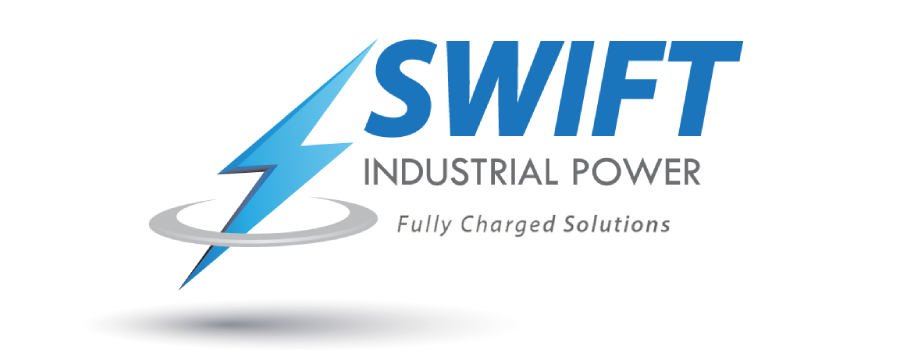How Often Should You Water Electric Forklift Batteries? A Guide to Optimal Maintenance
How Often Should You Water Electric Forklift Batteries? A Guide to Optimal Maintenance
Electric forklifts are a vital asset in many industries, providing efficient and eco-friendly material handling solutions. To ensure that your electric forklift batteries operate at peak performance, proper maintenance is essential. One crucial aspect of this maintenance is using a battery watering system effectively. In this guide, we’ll explore how often you should water your electric forklift batteries and best practices for maintaining them.
1. Understanding Battery Watering Systems
A battery watering system is designed to simplify the process of adding distilled water to electric forklift batteries. These systems can include manual filling devices or automatic watering systems that monitor water levels and dispense the appropriate amount of water when needed. Proper watering is vital for maintaining battery health and extending its lifespan.
2. How Often Should You Water Your Forklift Batteries?
The frequency of watering your electric forklift batteries can vary based on several factors:
- Usage Patterns: If your forklifts are in constant use, they may require watering more frequently. For heavy usage, check water levels weekly.
- Environmental Conditions: Hot, dry environments can accelerate water evaporation, necessitating more frequent checks and watering.
- Battery Type: Check your chemistry! The traditional forklift battery is a Lead Acid Battery. Not all Lead Acid batteries require watering though, as there are more options for VRLA and Gel solutions. The same goes with Lithium-Ion technologies that do not require watering.
As a general rule, check the water levels at least once a week, and water the batteries when the electrolyte level is below the recommended level, usually covering the lead plates.
3. Best Practices for Watering
To ensure your battery watering system is effective, follow these best practices:
- Use Distilled Water: Always use distilled water to prevent mineral buildup that can damage your batteries. You may use the tap water at your facility if it has been properly checked.
- Check Water Levels Regularly: Establish a routine to inspect water levels and maintain the optimal level. This helps prevent over-drying, which can lead to battery failure.
- Avoid Overfilling: When using a battery watering system, be careful not to overfill the cells, as this can cause electrolyte overflow and damage the battery. Not to mention create a mess!
- Monitor Battery Health: Regularly check for signs of corrosion or other issues that may indicate problems with the battery or watering system.
4. Signs Your Batteries Need Watering
Be vigilant for signs that your forklift batteries may need watering:
- Low Electrolyte Levels: If you can see the lead plates exposed, it’s time to add water.
- Decreased Performance: If your forklifts are not performing as well as usual, check the batteries as low electrolyte levels can affect performance.
- Frequent Charging: If you notice that your batteries are depleting faster than usual, it may be due to insufficient watering.
Conclusion
Maintaining your electric forklift batteries with a proper battery watering system is crucial for ensuring their longevity and performance. By understanding how often to water your batteries and following best practices, you can prevent costly downtime and extend the life of your equipment. Regular maintenance not only enhances efficiency but also contributes to a safer workplace.
Our team offers solutions to maintain the watering of your batteries, along with other maintenance services. Check out our Material Handling Services page for more information on Total Maintenance and Scheduled Maintenance Services.

